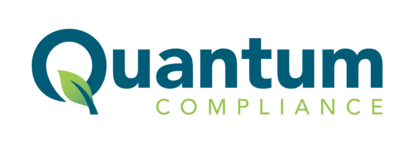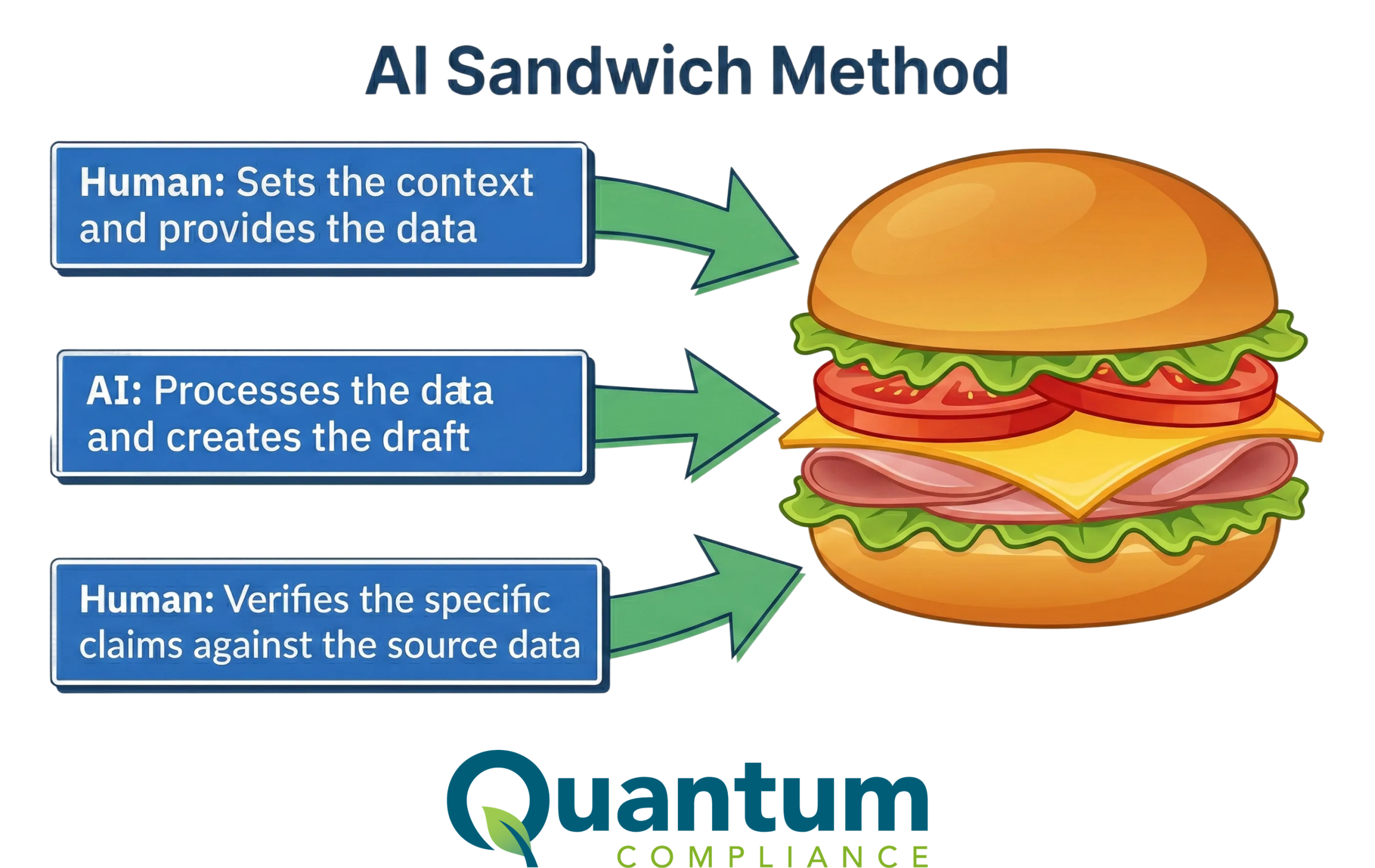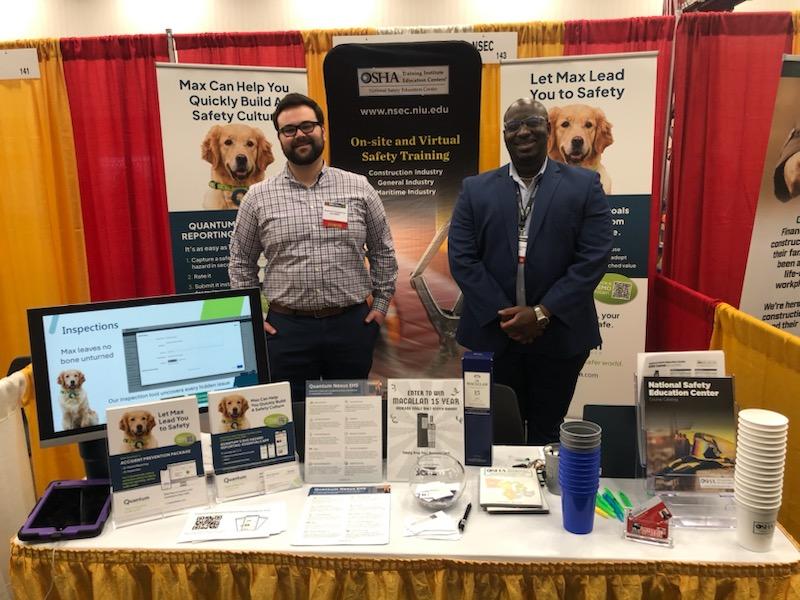Maintaining robust and collaborative relationships with contractors is essential for any project’s success, particularly from a compliance standpoint. Effective contractor relations not only streamline project execution but also enhance adherence to safety and regulatory standards. This blog outlines the importance of building strong, compliance-focused relationships with contractors and how organizations can foster these relationships to ensure project success and regulatory integrity.
Establishing a Foundation of Trust and Transparency
The cornerstone of any strong relationship with contractors is trust, which is fostered through transparency and open communication. Ensuring that expectations and responsibilities are clearly defined from the outset can prevent misunderstandings and foster a cooperative environment.
Strategies for Trust and Transparency:
- Clear Communication: Regularly communicate project goals, updates, and changes in a clear and concise manner. This keeps contractors informed and engaged.
- Transparent Processes: Be open about processes, especially concerning how decisions are made. This transparency helps contractors understand their role and the importance of compliance in the overall project.
Collaborative Compliance
Compliance should not be seen as a checkbox exercise but as a shared responsibility between the hiring company and its contractors. Collaborative compliance efforts can lead to improved outcomes and a deeper understanding of the importance of adherence to regulations.
Ways to Foster Collaborative Compliance:
- Joint Training Sessions: Conduct training sessions that include both internal staff and contractors. This not only ensures everyone is up to date with the latest compliance requirements but also builds a sense of team cohesion.
- Regular Compliance Reviews: Engage contractors in regular compliance reviews. These sessions can serve as forums for discussing challenges, sharing best practices, and updating each other on new or changing regulations.
Effective Conflict Resolution
In any project, conflicts can arise, and the ability to resolve these efficiently is crucial in maintaining strong relationships. Effective conflict resolution can prevent minor disagreements from escalating into major issues that could impact project outcomes and compliance.
Conflict Resolution Techniques:
- Establish Clear Protocols: Have clear, agreed-upon procedures for handling disputes. This ensures that when issues arise, they are dealt with systematically and fairly.
- Promote a Solution-Oriented Approach: Encourage a culture where issues are approached with a problem-solving mindset rather than assigning blame. This approach not only resolves conflicts more efficiently but also maintains the integrity of the relationship.
Recognition and Feedback
Recognizing and appreciating the work of contractors can significantly enhance relationship quality. Positive reinforcement for compliance and good work practices encourages contractors to maintain high standards.
Implementing Recognition and Feedback:
- Regular Feedback: Provide constructive feedback regularly, not just at the end of a project. This ongoing dialogue helps contractors adjust their practices in real-time to meet compliance standards.
- Acknowledgment of Achievements: Recognize and celebrate compliance milestones and exceptional performances. This can motivate contractors to continue their efforts in maintaining high standards.
Leveraging Technology for Relationship Management
Using advanced systems like Quantum Compliance’s Contractor Management can enhance relationship management with contractors by ensuring that all aspects of contractor interactions are handled efficiently and transparently.
Benefits of Technology in Relationship Management:
- Streamlined Communication: Use technology to maintain constant and consistent communication with contractors. Platforms that allow for easy information sharing and collaboration can improve understanding and compliance.
- Documentation and Record Keeping: Keep accurate records of all interactions, compliance reports, and training activities. This not only helps in monitoring compliance but also supports transparency and trust.
Conclusion
Building strong relationships with contractors from a compliance perspective is vital for project success. By establishing trust, fostering collaborative compliance, resolving conflicts effectively, providing recognition, and leveraging technology, organizations can create a positive working environment that emphasizes compliance and efficiency. These relationships not only facilitate smoother project execution but also ensure that all parties are committed to upholding the highest standards of regulatory compliance.








